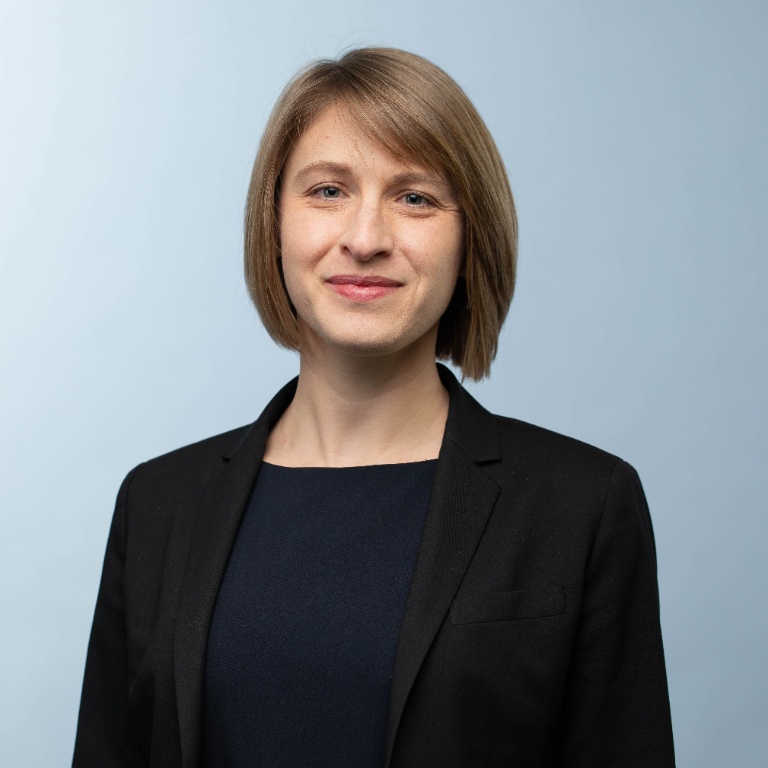- B.A., University of California at Berkeley, 2008
- M.A., Duke University, 2012
- Ph.D., Duke University, 2016

Lindsey Mazurek
Assistant Professor, Classical Studies
Adjunct Assistant Professor, Art History

Assistant Professor, Classical Studies
Adjunct Assistant Professor, Art History
My research explores questions of ethnicity, religion, landscape, and change in the Roman provinces, particularly how the inhabitants of Rome’s provinces reconfigured their own ideas of themselves and their world in response to Roman rule. My first book, Isis in a Global Empire: Greek Identity Through Egyptian Religion in Roman Greece (Cambridge University Press 2022, winner of the 2023 First Book Award from CAMWS) looks at the worship of Egyptian deities like Isis, Sarapis, and Anubis in Greece during the Roman period and examines how local devotees reconfigured traditional ideas about Greekness in response to their religious practices. Some of my research from this project appeared in American Journal of Archaeology and Hesperia. I have also written on Hellenistic seascapes and migrations, particularly at Delos and in the province of Macedonia, and am currently co-editing a new volume on mobility in antiquity for Routledge. My second book project examines portraiture, object agency, and provincial experience in Roman Greece.
Another strand of my research explores issues of migration and identity in the Mediterranean world. I co-direct a digital archaeology project called the Mediterranean Connectivity Initiative. Using social network analysis and GIS mapping, we study how ancient social networks were created over time and space in the Roman Empire. Work in this vein is forthcoming or has appeared in Memoirs of the American Academy at Rome and several edited volumes. My research has been recognized by awards and fellowships from the Loeb Classical Library Foundation, the Archaeological Institute of America, the German Archaeological Institute, and the National Endowment for the Humanities.
2022: Isis in a Global Empire: Greek Identity through Egyptian Religion in Roman Greece. New York: Cambridge University Press.
2016: ed., with C. Concannon. Across the Corrupting Sea: Post-Braudelian Approaches to the Ancient Eastern Mediterranean. London: Routledge Press.
Under contract: ed., with S. F. Adalı, B. Gray, S. Haddenbeck, E. Isayev, E. Jewell, T. Kaçar, and J. Mokrišová, Mobility in Antiquity: Rethinking the Ancient World through Movement. London: Routledge Press.
2024: “Building Outside the Lines: Networks, Women’s Agency, and Euergetism in the Egyptian Cults.” Memoirs of the American Academy at Rome 68.
2023: with K. Langenfeld and R.B. Gorham, “Reflexivity and Digital Praxis: Reconstructing Ostia’s Social Networks.” In S. Blakely and M. Daniels, ed., Data Science, Human Science, and Ancient Gods: Conversations in Theory and Method. Society for Ancient Mediterranean Religions 3. Atlanta, GA: Lockwood Press, 177-206.
2021: “Gender and Alterity in Provincial Portraiture: Reconsidering the Isiac Grave Reliefs of Roman Athens.” Hesperia 90 (3), 605-40. https://doi.org/10.2972/hesperia.90.3.0605
2021: “Materializing Migration: Towards a Theory of Integration in Isiac Cults.” NTT (Nederlands Theologisch Tijdschrift): Journal for Theology and Religious Studies 75 (2), 177-94. https://doi.org/10.5117/NTT2021.2.003.MAZU
2020: “Fashioning a Global Goddess: The Representation of Isis Across Hellenistic Seascapes.” In A. Kouremenos and J.M. Gordon, ed., Mediterranean Archaeologies of Insularity in the Age of Globalization. Oxford: Oxbow Books, 179-207. https://doi.org/10.2307/j.ctv138wst6.12
2018: “The Middle Platonic Isis: Text and Image in the Sanctuary of the Egyptian Gods at Herodes Atticus’ Marathon Villa.” American Journal of Archaeology 122 (4), 611-44. https://doi.org/10.3764/aja.122.4.0611